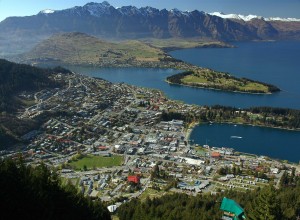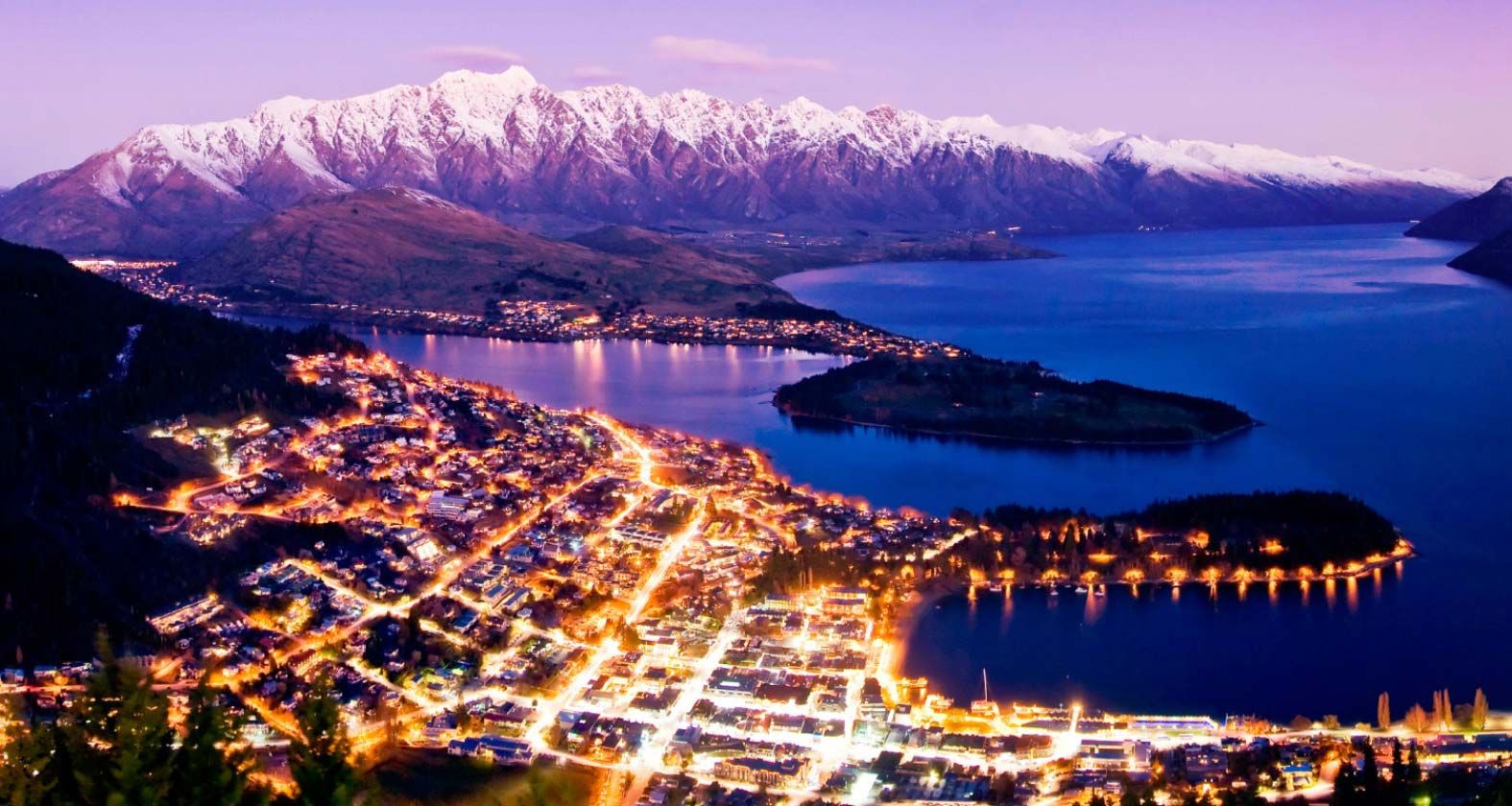
If budget is an important consideration when purchasing a property in New Zealand, then the South Island is your best bet. Sheltered from the high prices that are creeping over the North island from Auckland, the South Island offers some stunning locations at very reasonable prices. Of course one issue to consider here are the recent natural disasters that have caused considerable damage to Christchurch and surrounds. Whilst reparation is driving a lot of growth in those areas, there is always the risk of further earthquakes in the future.
Whilst prices are generally lower, growth is also slower on the South Island and finding good capital gain opportunities can be challenging. For those looking at long-term investment potential and lifestyle choices, the South Island still has plenty to offer.
Canterbury and Christchurch:
This region has had more than its fare share of tragedy, with the earthquake in Christchurch in February 2011 that killed almost 200 people and decimated large parts of the town. Christchurch is still however the largest city on the South Island, and is now the recipient of much development funding to repair and restore it to the lovely city it once was. Along with Auckland, it is driving the greatest growth in the New Zealand property market. Prices in Christchurch are increasing as demand outstrips supply, and whilst new developments are in the pipeline it will take time before they are completed and meet demand.
If you would prefer to be a little away from the city, then Rangiora is a small town commuting distance from Christchurch. Whilst this town has sustained some damage as a result of the earthquakes, it has remained relatively sheltered from any major damage. It has experienced growth of over 5% in recent years and shows potential for this to continue. There is land available to purchase if you would like to build your own dream home, or a 2 bedroom house can be purchased from $339,000. Short-term rentals start at $110 per night, but with the proximity to Christchurch, it also makes a great place to settle.
Central Otago:
Whilst property growth in Central Otago is modest (at about 3%), it has remained relatively steady and is performing well compared to other regions of the South Islands. The dairy industry is a big driver in this economy and continues to bring people to the region. However other rural industries such as fruit picking and wineries also sustain the region and also make for some very pleasant holidays. In the town of Alexandra for example, the stone fruit industry makes this a beautiful place to be during apricot season and it is close to some of New Zealand’s finest pinot noir growing regions.
With relatively low prices, it is possible to find a 2 bedroom house for $150,000 in Alexandra. With a median long-term rental rate of $210 per week or a short-term rate of about $100 per night, potential returns on a modest property are certainly attractive.
Queenstown:
Prices in Queenstown have been dropping in recent years, which does not necessarily make it look all that attractive for short-term investors. Whilst property prices go down, rental prices continue to rise in the area, which does still make it worth considering for long-term gain. Given the declining prices, there is opportunity to find a bargain in this popular holiday destination and wait it out. Prices in this adventure playground are also significantly cheaper than those found in similar areas in Australia, and this is expected to contribute to growth in the future, as investors shift their dollar from Australia to New Zealand.
Whilst prices do vary considerably in this area, a comfortable 2 bedroom apartment can be found for $400,000. Long-term weekly rentals can be as high as $450 and short-term stays fro $220 per night. Whilst the snow season is short here, the region is a holiday destination all year round, with its gorgeous lakes and a relaxed pace, it is popular with both local and international tourists.
While the South Island of New Zealand does have growth rates of generally below 5%, some regions are showing promise of increased growth rates in the future. There is uncertainty here due to the natural disasters, but for savvy investors with an appetite for risk, there is significant opportunity to cash in on reparation development.
To get more information & assistance, please submit the form below and our specialist will get in touch with you at the earliest.







